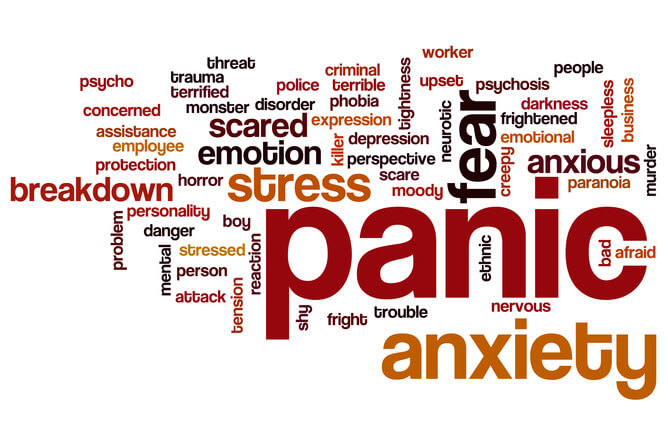The COVID-19 pandemic has caused many people to have elevated levels of stress regarding their health status. It’s easy to fall into the trap of thinking that everyone you know is going to get ill. This can lead to obsessive behavior such as constantly searching for symptoms online and constantly tracking the latest statistics. The constant heightened levels of anxiety can lead to physical symptoms such as elevated heart rates, high blood pressure, and nausea.
The Clarity Clinic has put together five tips on how to manage anxiety related to health.
- Come to terms with the way that you are feeling. there really is no right or wrong way to deal with the current situation. Recognizing your emotions can be a great first step to reducing the effects that they are having.
- Try not to obsess about health-related news. It can be difficult but try and stay away from news sites and social media. If you are constantly trying to gather information about the Coronavirus it can become obsessive and unhelpful. It will almost inevitably fuel your anxiety. Set yourself a target of perhaps limiting your visits to news sites to once a day – and make sure that you only rely on informed and trusted sources to get information.
- Googling your symptoms is unproductive. Google is simply going to fuel your anxiety. You are going to be looking at worst-case scenarios – and that includes only processing the scariest stories that you come across. You are definitely not going to build a balanced viewpoint.
- Try to manage negative thoughts. We are encountering people who are convinced that everyone they know and care about is going to die from the Coronavirus. These sorts of thoughts can be tremendously scary. However, investigating some really effective cognitive behavioural therapy (CBT) and coping mechanisms can make a big difference.
- Sometimes we can fall into the trap of thinking that our thoughts are an accurate reflection of reality, when they actually may not be. They are not representative of fact, they’re just our way of interpreting reality. Getting a new perspective can be useful. Try writing down those unhelpful and stress-inducing thoughts and asking if the facts and evidence support the way that you are feeling. That can go a long way to gaining a proper perspective. Ask yourself if there is a rationale statement that goes counter to those unhelpful thoughts. That sort of statement might be along the lines of ‘there is no reason to think that those I love are going to die from this virus.’ The fact is that most people who catch the virus recover – that’s a useful statement.
- Keep up your normal routine. Go to sleep and wake up at your normal time. Get out of your PJs. Find something to look forward to during the course of each day. Treat yourself. Stay in contact with your loved ones. It may be tempting to think that social distancing automatically translates into emotional distancing, but that simply isn’t the case. You and those around you are social beings – make sure that you keep in touch, even if it is online and via video call.
There’s no shame in seeking support, especially if health worries are starting to negatively affect your everyday life. To learn more about how to cope investigate the availability of online CBT – it may be covered by the NHS in your area.
